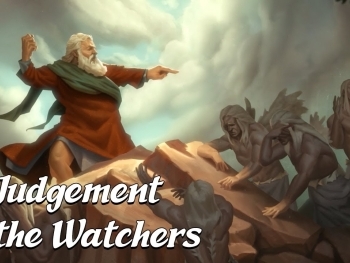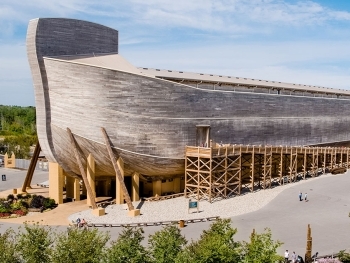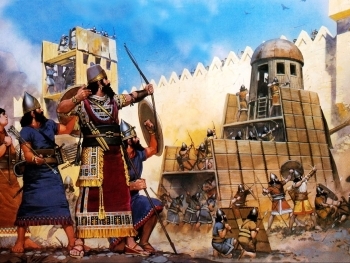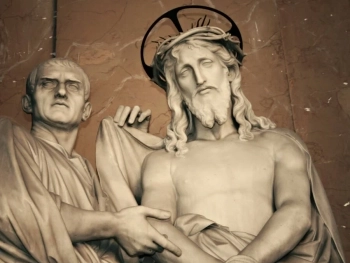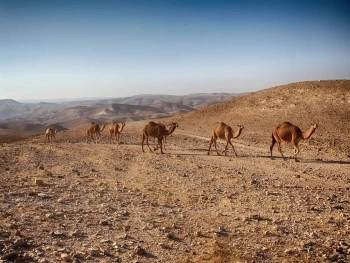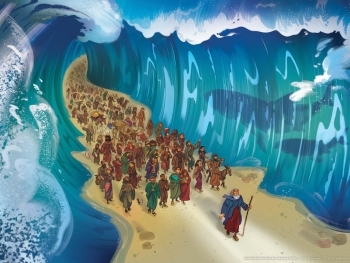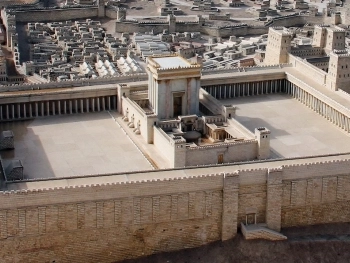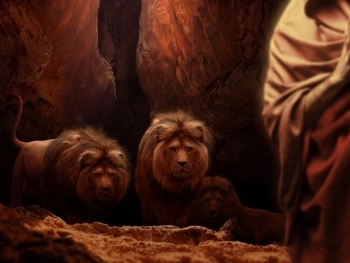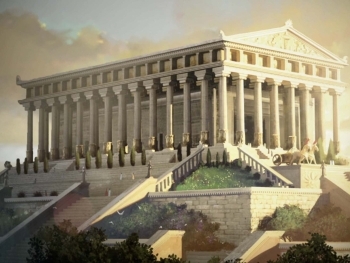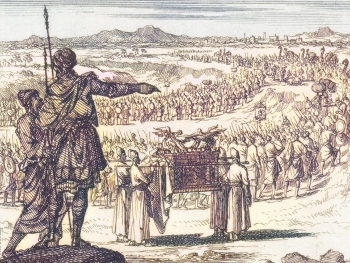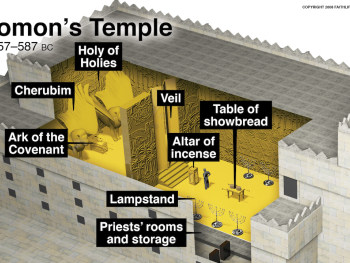
In the previous part of this essay, we explored the concept of creation and the two main interpretations of the six-day creation account: literal and non-literal. In this part, we will delve deeper into these interpretations, examining the arguments of both sides and exploring the implications of different perspectives for our understanding of God, the universe, and our place within it.
Arguments for a Literal Interpretation
Proponents of a literal interpretation of the six-day creation account point to the straightforward language of Genesis, which they believe implies a straightforward meaning. They argue that the use of the Hebrew word "yom" for "day" throughout the creation account indicates literal twenty-four-hour periods. They also cite the fact that the creation account is presented as a historical narrative, similar to other accounts in the Bible, such as the Exodus or the life of Jesus Christ.
Moreover, literalists often point to the scientific evidence that appears to support their interpretation. They argue that the rapid appearance of life on Earth and the complexity of biological systems are more consistent with a creation event than with a gradual evolutionary process. They also suggest that the geological record shows evidence of a global flood, which they believe could have occurred during the Noachian flood described in Genesis.
Arguments for a Non-literal Interpretation
Those who advocate for a non-literal interpretation of the six-day creation account emphasize the limitations of human language to fully capture the nature of God and the creation process. They argue that the use of the Hebrew word "yom" can be interpreted in various ways, including symbolic, metaphorical, or poetic, and that the context of the creation account suggests a more figurative interpretation.
Non-literalists also point to the overwhelming scientific evidence that supports an evolutionary timeline for the universe and life on Earth. They argue that the complexity of biological systems and the vastness of the universe are more consistent with an extended period of gradual change than with a six-day creation event.
Moreover, non-literalists contend that the creation account should be seen as a theological framework rather than a scientific explanation, providing a narrative context for understanding God's actions and our relationship with Him. They argue that the focus should be on the spiritual message of the creation story rather than on its literal details.
Implications of Different Interpretations
The interpretation of the six-day creation account has significant implications for our understanding of God, the universe, and our place within it. A literal interpretation suggests a more interventionist God who actively creates and governs the universe, while a non-literal interpretation emphasizes God's role as a creator of the laws and principles that govern the universe, allowing for a more gradual and evolutionary process.
The implications for our understanding of the universe extend to the origin of life, the development of biological complexity, and the formation of the Earth and the solar system. A literal interpretation suggests a more rapid and miraculous creation process, while a non-literal interpretation aligns with the findings of modern science, which indicate a long and gradual process of evolution.
Finally, the interpretation of the creation account also affects our perception of our place within the universe. A literal interpretation suggests that humans are uniquely created in God's image and have a special role in the world, while a non-literal interpretation emphasizes our interconnectedness with all of creation and our responsibility to care for the planet.
The debate over the six-day creation account is a complex and multifaceted one, with no easy answers. Both literal and non-literal interpretations offer compelling arguments, and the choice between them often reflects one's personal beliefs and worldview. Ultimately, the meaning of the creation account is a matter of faith and interpretation, and each individual must decide for themselves how they understand this fundamental story of the universe.
Watch on YouTube
